How Long Do Antibodies From Covid Stay In Your System
In the case of the two mRNA COVID-19 vaccines well over 90 of people immunized developed the protective adaptive immune response while fewer than 50 developed any side effects and most were mild. The study published in the New England Journal of Medicine suggests that the antibodies might protect people whove already had COVID-19 from being reinfected for at least six months.
 10 Things To Know About Antibodies Amgen Science
10 Things To Know About Antibodies Amgen Science
An antibody test may not show if you have a current infection because it can take 13 weeks.

How long do antibodies from covid stay in your system. How long this protection may last is different for each disease and each person. Antibodies may be detected in your blood for several months or more after you recover from COVID-19. Thats how long coronavirus-fighting antibodies stay in the human body following a COVID-19 infection.
Now data from the UK Biobank can put a well-researched length of time forward as an answer to that question. It varies from person to person but how dramatic the initial response is does not necessarily relate to the long-term response. Their average age was 43 and most had mild symptoms.
The immune system makes different types of cells and molecules to fight disease. The immune systems of more than 95 of people who recovered from COVID-19 had durable memories of the virus up to eight months after infection. These include antibodies T cells and B cells.
A study published in the journal Immunity found that people who. It finds that 90 of those people had antibody responses that lasted at least three months. Although these antibodies probably provide some immunity to the COVID-19 virus theres currently not enough evidence to know how long the antibodies last or to what extent past infection with the virus helps protect you from getting another infection.
At least three months. Antibody tests should not be used to diagnose a current infection with the virus that causes COVID-19 except in instances in which viral testing is delayed. People with the highest levels of antibodies continued to produce them for more than two months after they were first infected.
Persons suspected of COVID-19 illness who test positive by direct viral detection methods for SARS-CoV-2 eg polymerase chain reaction or antigen detection tests typically begin to develop measurable antibody 7-14 days after illness onset and by 3 weeks most persons will test positive for. And these antibodies neutralized the virus at least in the lab. Monoclonal antibodies help Americans most at risk for COVID-19 The therapy can be lifesaving especially in the early stages of an infection and its.
A study suggests that peoples immune systems remember COVID-19 for months after recovery. 6 months minimum for 88 of. Those who produced fewer.
Its reasonable to assume that there. This is similar to a flu vaccine. The new findings show that people who survive a COVID-19 infection continue to produce protective antibodies against key parts of the virus for at least three to four months after developing their first symptoms.
Perhaps the most common vaccine side effect when you get vaccinated you get a sore arm for maybe a day Dr. Coronavirus antibodies may wane over time. You may never know how strongly your bodys.
Antibodies can take days or weeks to. Antibodies are proteins made by the immune system to fight infections like viruses and may help to ward off future occurrences by those same infections. A recent update to CDC guidance suggests COVID immunity from antibodies lasts up to three months during which COVID survivors have a window of safety.
Over a 4-month period they found that those COVID-19 antibodies did not decline. Researchers found that the antibodies had a half-life of 73 days which means that half of them would be gone after that much time. Like somebody gave me a happy pill.
The results provide hope that people receiving SARS-CoV-2 vaccines will develop similar lasting immune memories after vaccination. Emerging research suggests the decline begins some 88 days after the individual experiences symptoms of Covid-19. In contrast some other antibody types decline more quickly.
Researchers looked at immune responses. Antibodies help you fight off infections and can protect you from getting that disease again. Though rare there are some.
 Covid 19 Information Medstar Health System
Covid 19 Information Medstar Health System
Coronavirus Antibodies May Last 2 Or 3 Months Weak In Asymptomatic Cases
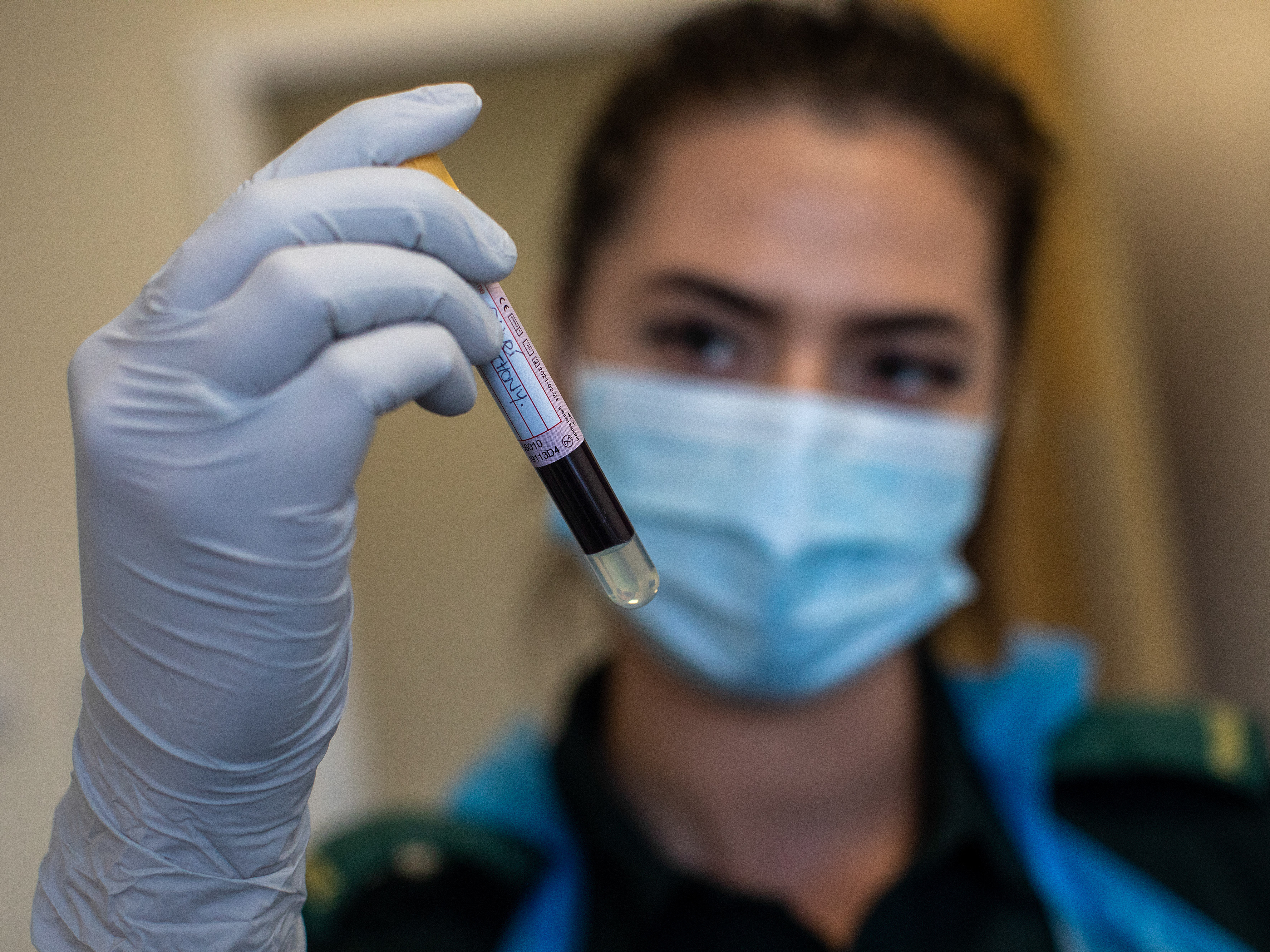 How Long Does Covid 19 Immunity Last After Recovering Shots Health News Npr
How Long Does Covid 19 Immunity Last After Recovering Shots Health News Npr
 How Vaccines Work British Society For Immunology
How Vaccines Work British Society For Immunology
 Everything We Know About Coronavirus Immunity And Plenty We Still Don T
Everything We Know About Coronavirus Immunity And Plenty We Still Don T
 Coronavirus Immunology Q A What You Need To Know About Our New Report British Society For Immunology
Coronavirus Immunology Q A What You Need To Know About Our New Report British Society For Immunology
 Study Finds Nearly Everyone Who Recovers From Covid 19 Makes Coronavirus Antibodies Nih Director S Blog
Study Finds Nearly Everyone Who Recovers From Covid 19 Makes Coronavirus Antibodies Nih Director S Blog
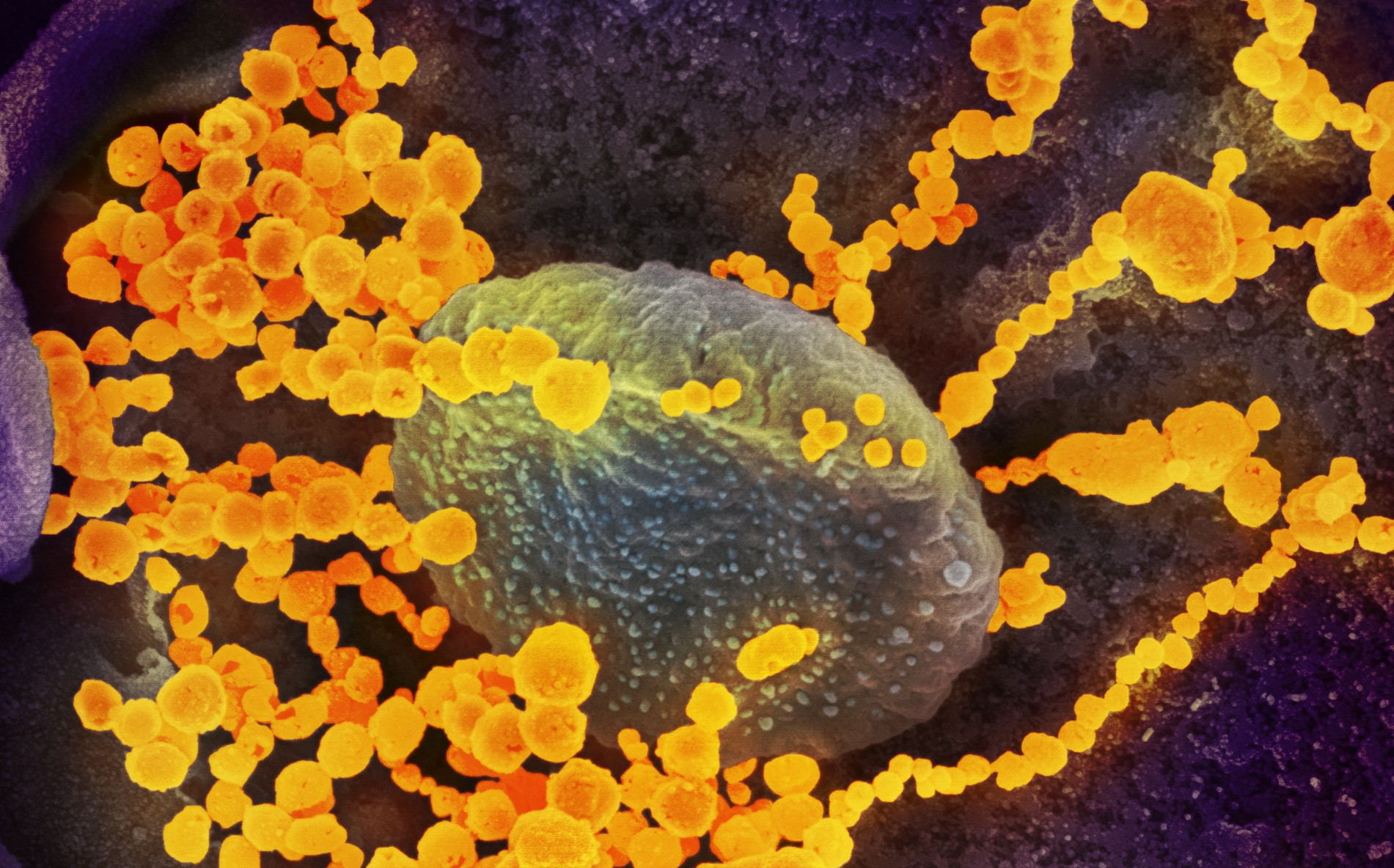 Covid 19 What To Know About Antibody Testing Cedars Sinai
Covid 19 What To Know About Antibody Testing Cedars Sinai
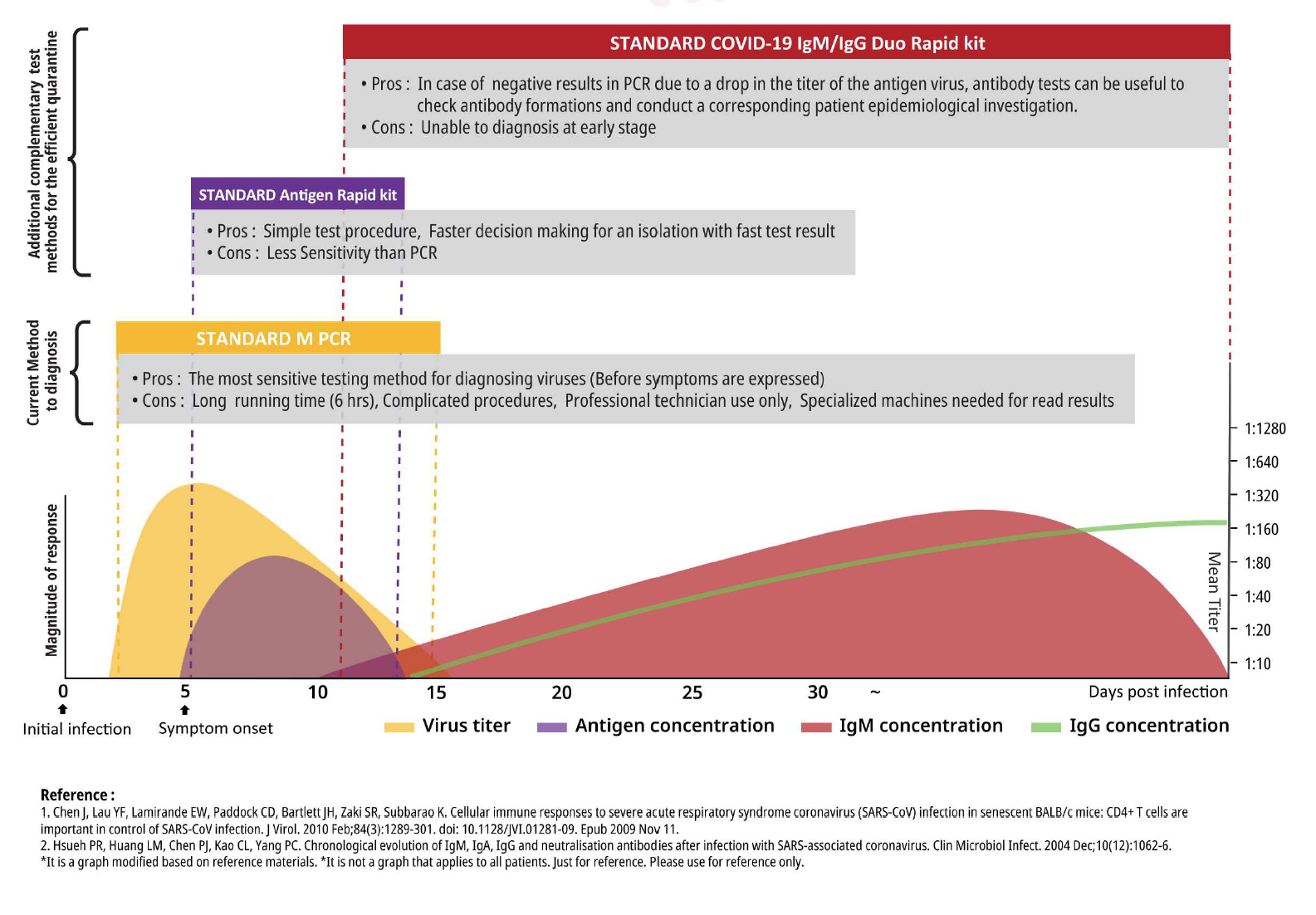 Igm And Igg Antibody Tests For Covid 19 Mdvip
Igm And Igg Antibody Tests For Covid 19 Mdvip
 The Immune System S Fight Against The Coronavirus Science In Depth Reporting On Science And Technology Dw 07 04 2020
The Immune System S Fight Against The Coronavirus Science In Depth Reporting On Science And Technology Dw 07 04 2020
 Coronavirus Igg Igm Iga Antibody Test Available Allcare Allcare Family Medicine Urgent Care
Coronavirus Igg Igm Iga Antibody Test Available Allcare Allcare Family Medicine Urgent Care
 Coronavirus Igg Igm Iga Antibody Test Available Allcare Allcare Family Medicine Urgent Care
Coronavirus Igg Igm Iga Antibody Test Available Allcare Allcare Family Medicine Urgent Care
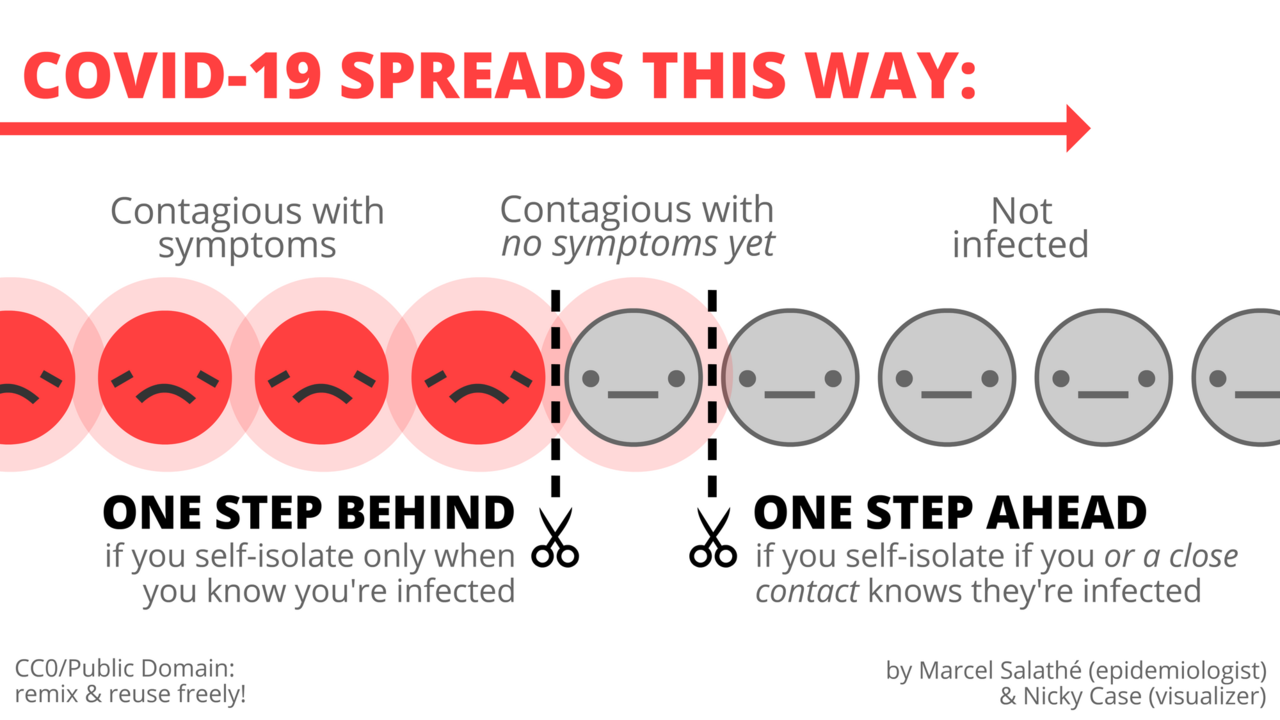 What We Need To Understand About Asymptomatic Carriers If We Re Going To Beat Coronavirus
What We Need To Understand About Asymptomatic Carriers If We Re Going To Beat Coronavirus
 The Immune System S Fight Against The Coronavirus Science In Depth Reporting On Science And Technology Dw 07 04 2020
The Immune System S Fight Against The Coronavirus Science In Depth Reporting On Science And Technology Dw 07 04 2020
 Covid 19 Vaccine Questions And Answers About Immunity Shots Health News Npr
Covid 19 Vaccine Questions And Answers About Immunity Shots Health News Npr
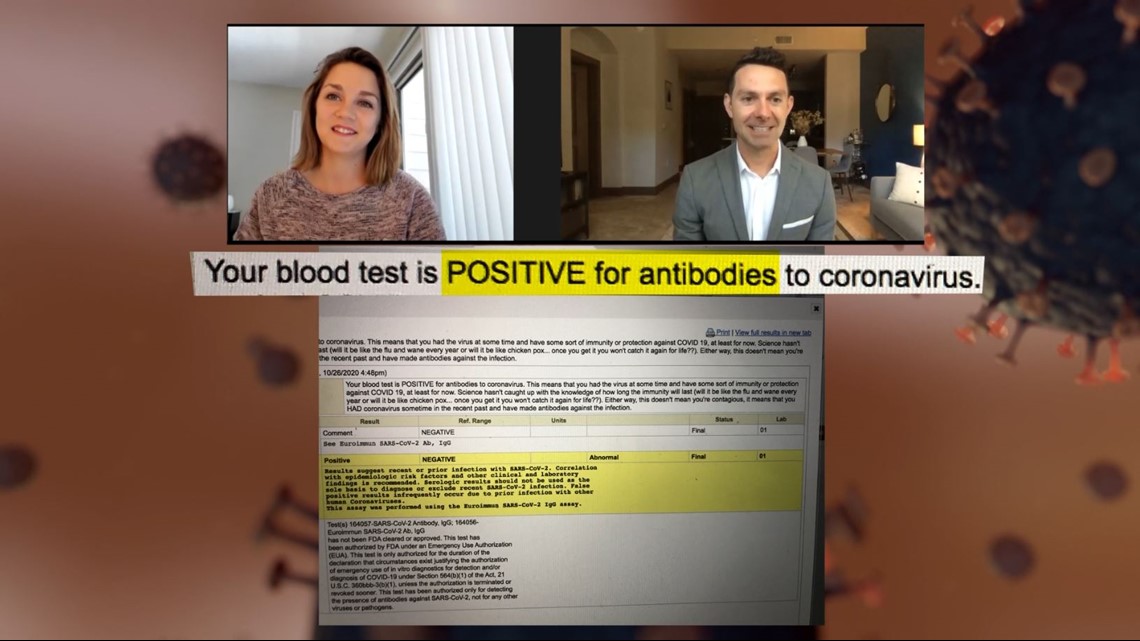 How Long Do Covid 19 Antibodies Last It S Complicated 11alive Com
How Long Do Covid 19 Antibodies Last It S Complicated 11alive Com
 How Long Does The Coronavirus Last Inside The Body National Geographic
How Long Does The Coronavirus Last Inside The Body National Geographic
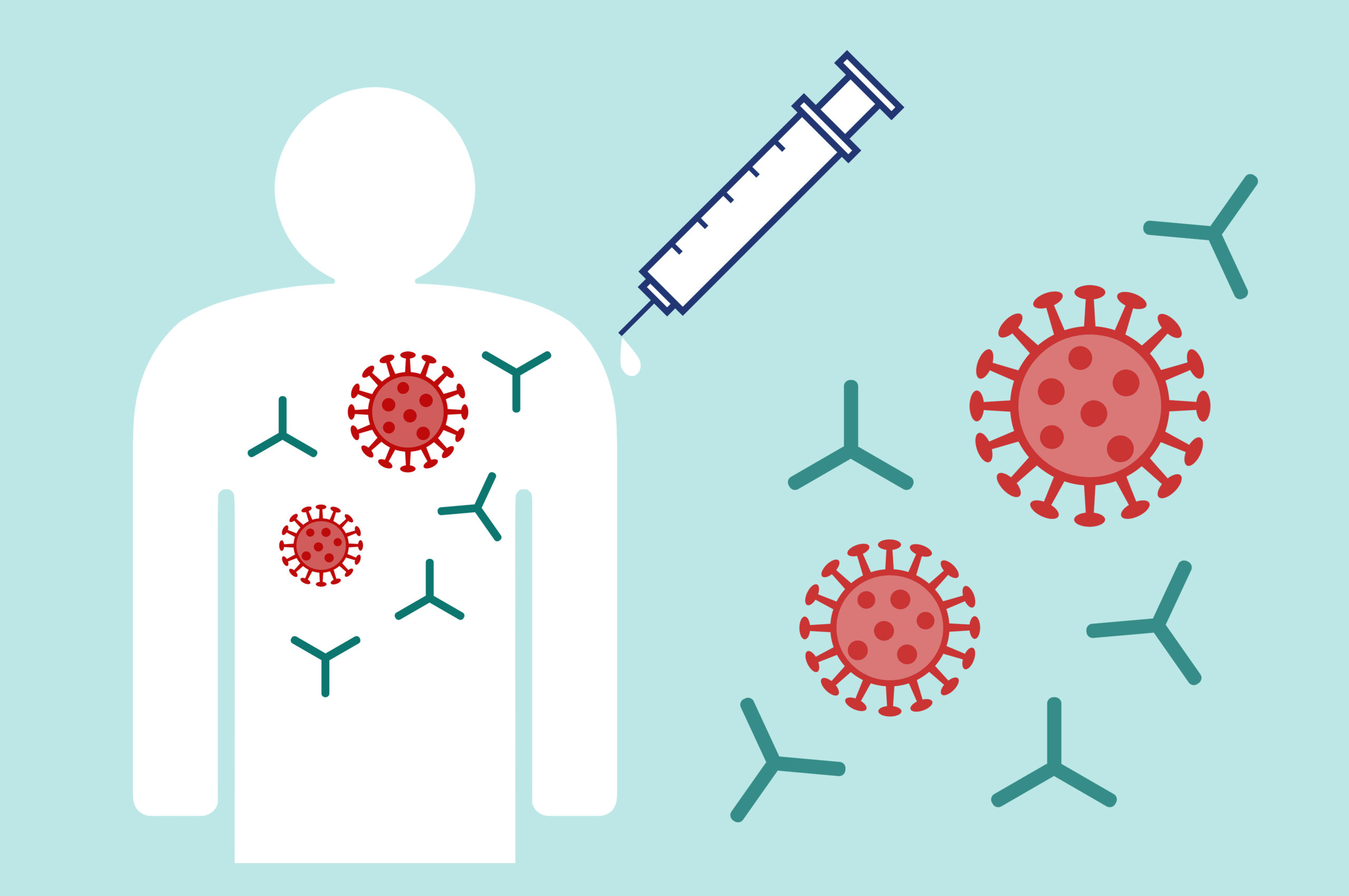 Antibody Testing After The Covid 19 Vaccine What To Know If You Re Immunocompromised
Antibody Testing After The Covid 19 Vaccine What To Know If You Re Immunocompromised
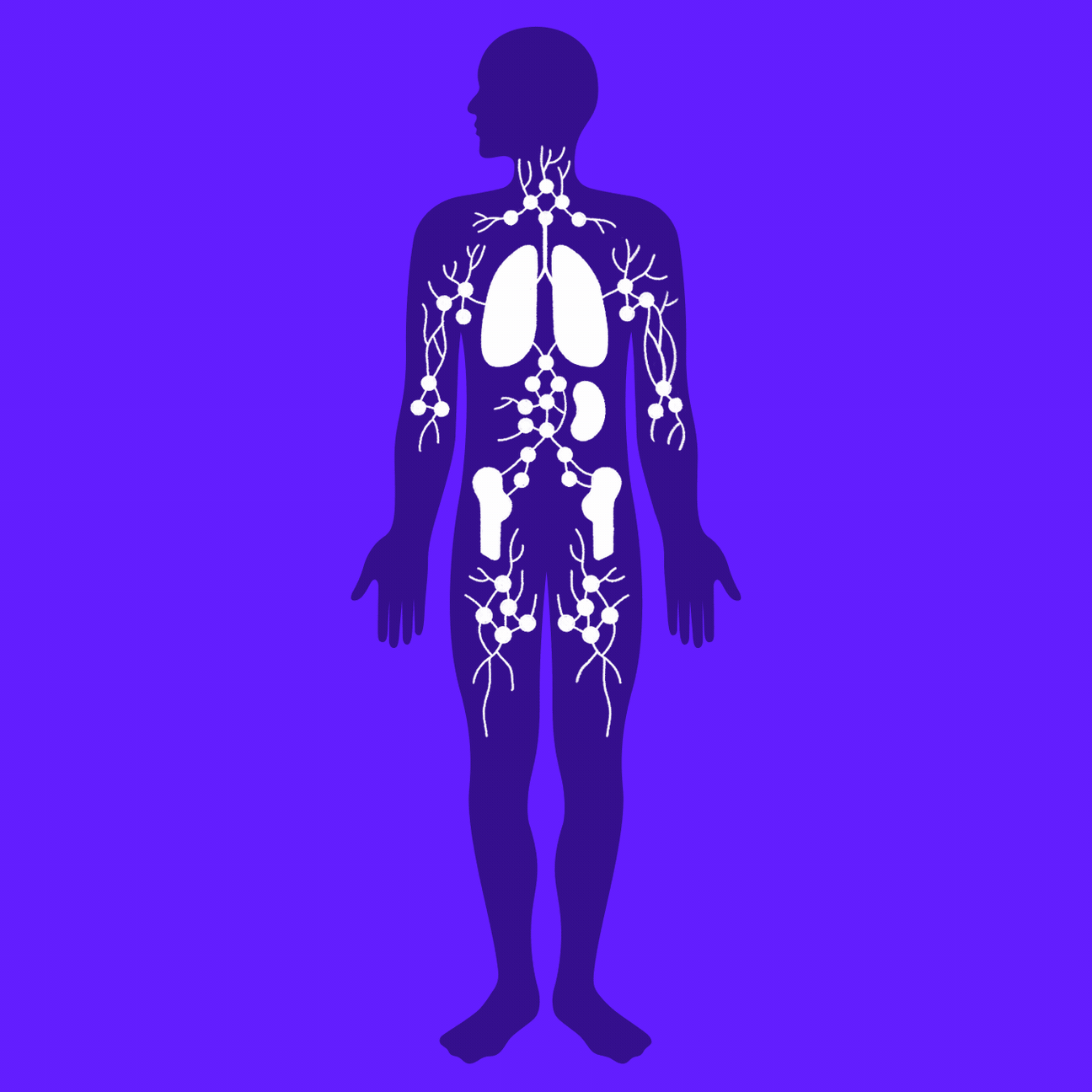 How The Coronavirus Hacks The Immune System The New Yorker
How The Coronavirus Hacks The Immune System The New Yorker
Post a Comment for "How Long Do Antibodies From Covid Stay In Your System"